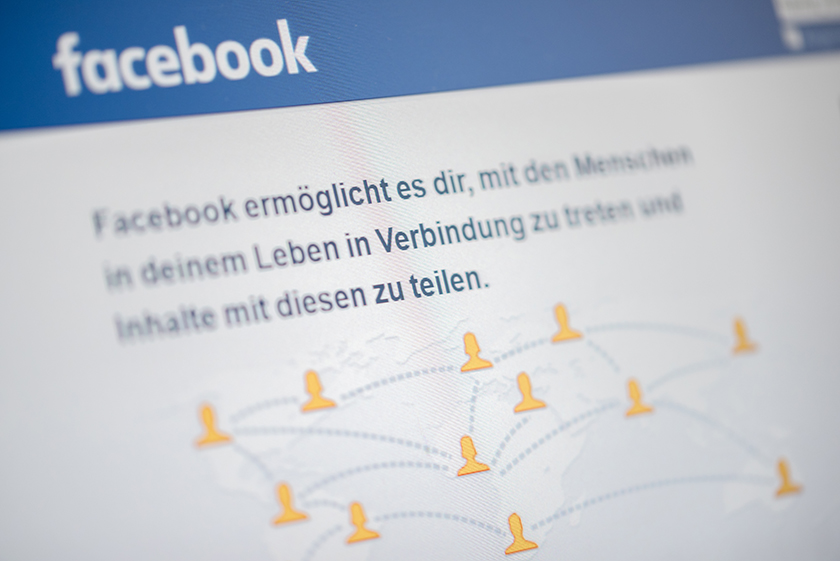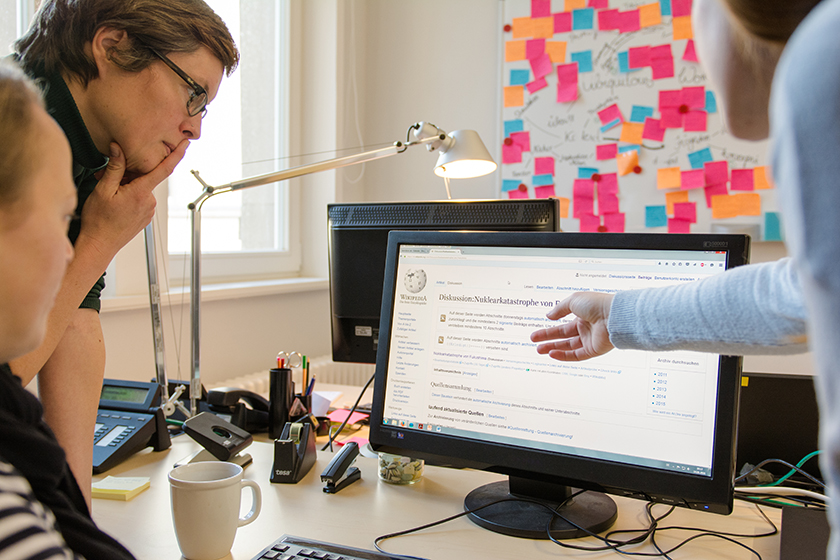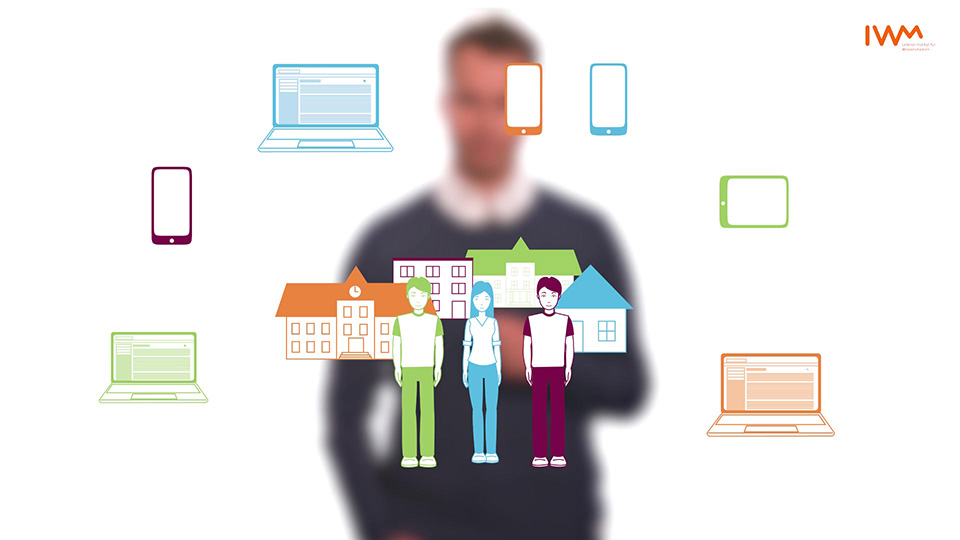Knowledge processes with digital media do not only take place in the formal settings of school and university, but also in leisure time. People conduct self-regulated internet research, consult Wikipedia or use Facebook to network with others. They thereby gain knowledge, exchange views with other people and develop products together. Knowledge-related processes in this context range from very conscious processes to less conscous (learning) processes such as the phenomenon of ambient awareness which is created by scrolling through social network timelines, e.g. Twitter of Facebook.

Effects of social media on who gives us information and who gives us emotional support are researched at the IWM in an ERC starting grant.
- How does the doctor-patient relationship change when laypeople look up possible diagnoses on the internet [WCT]?
- How do online platforms have to be designed so that people do not only communicate with like-minded people and thus confirm their opinions, but are actually confronted with new information [Analytics for Everyday learning, Tagging]?
- Do comparative processes in social media result in envy [ERC]?
- How do people construct new knowledge together and what errors does Wikipedia have [Collaborative Biases]?


